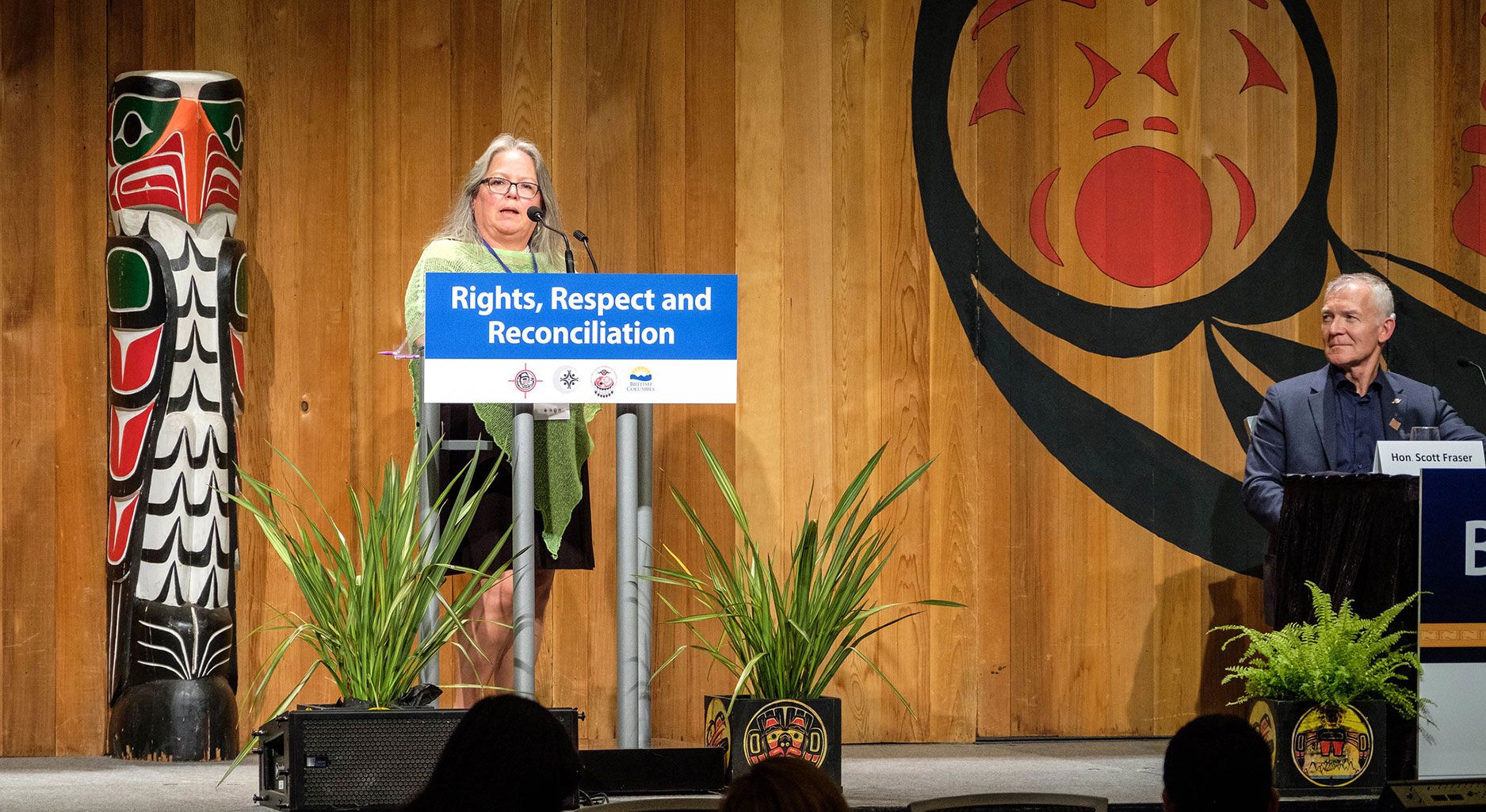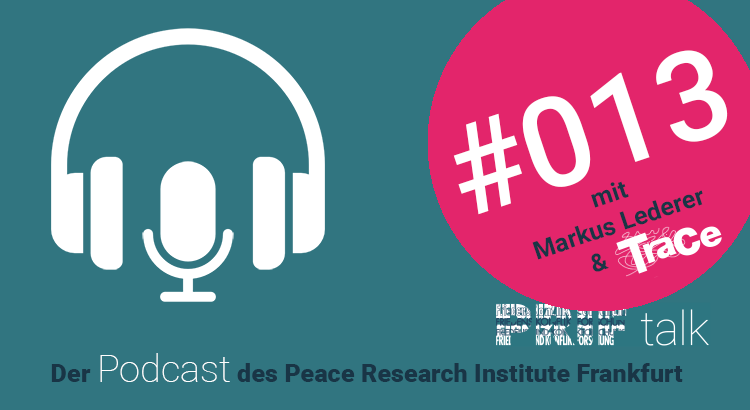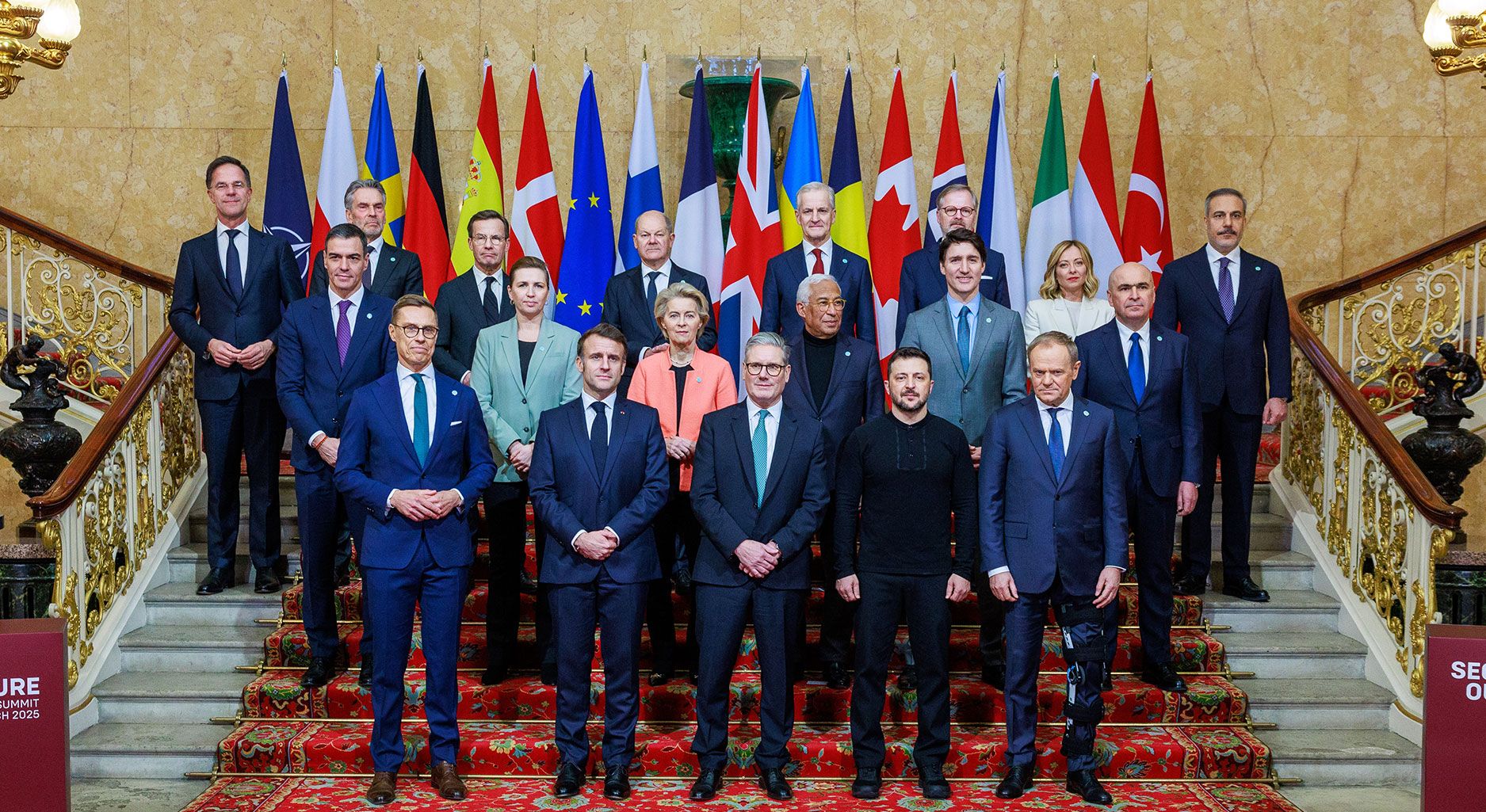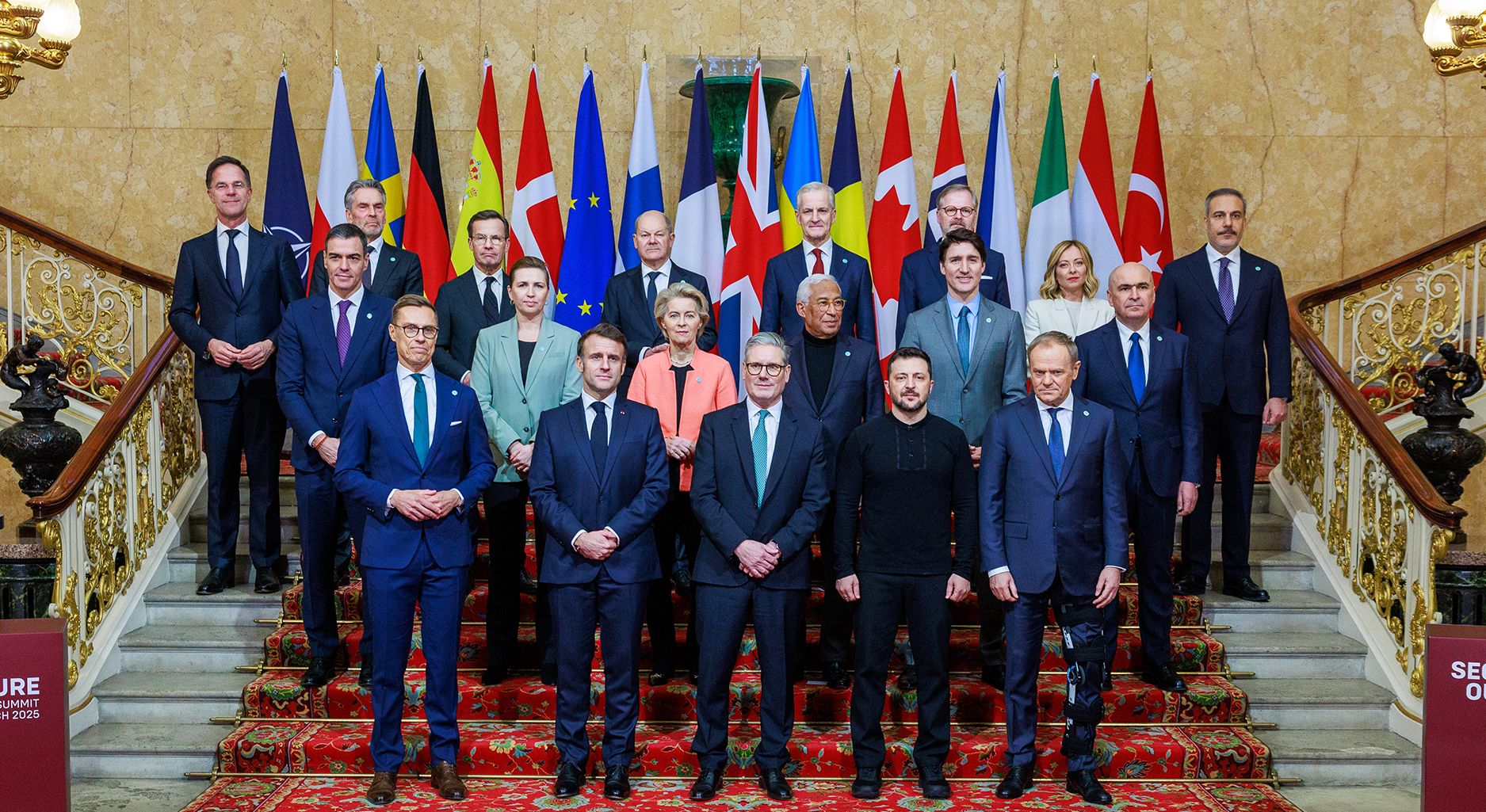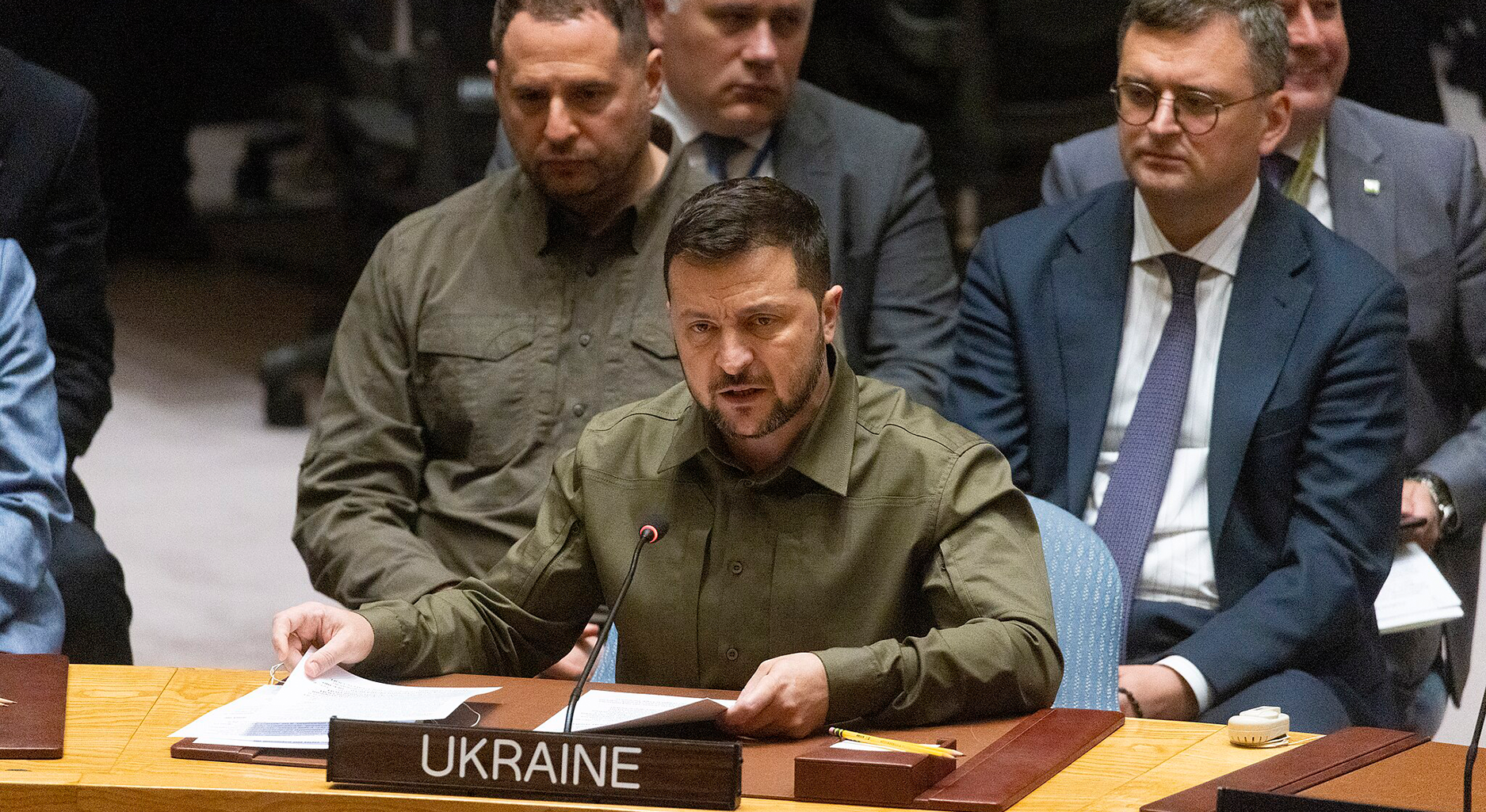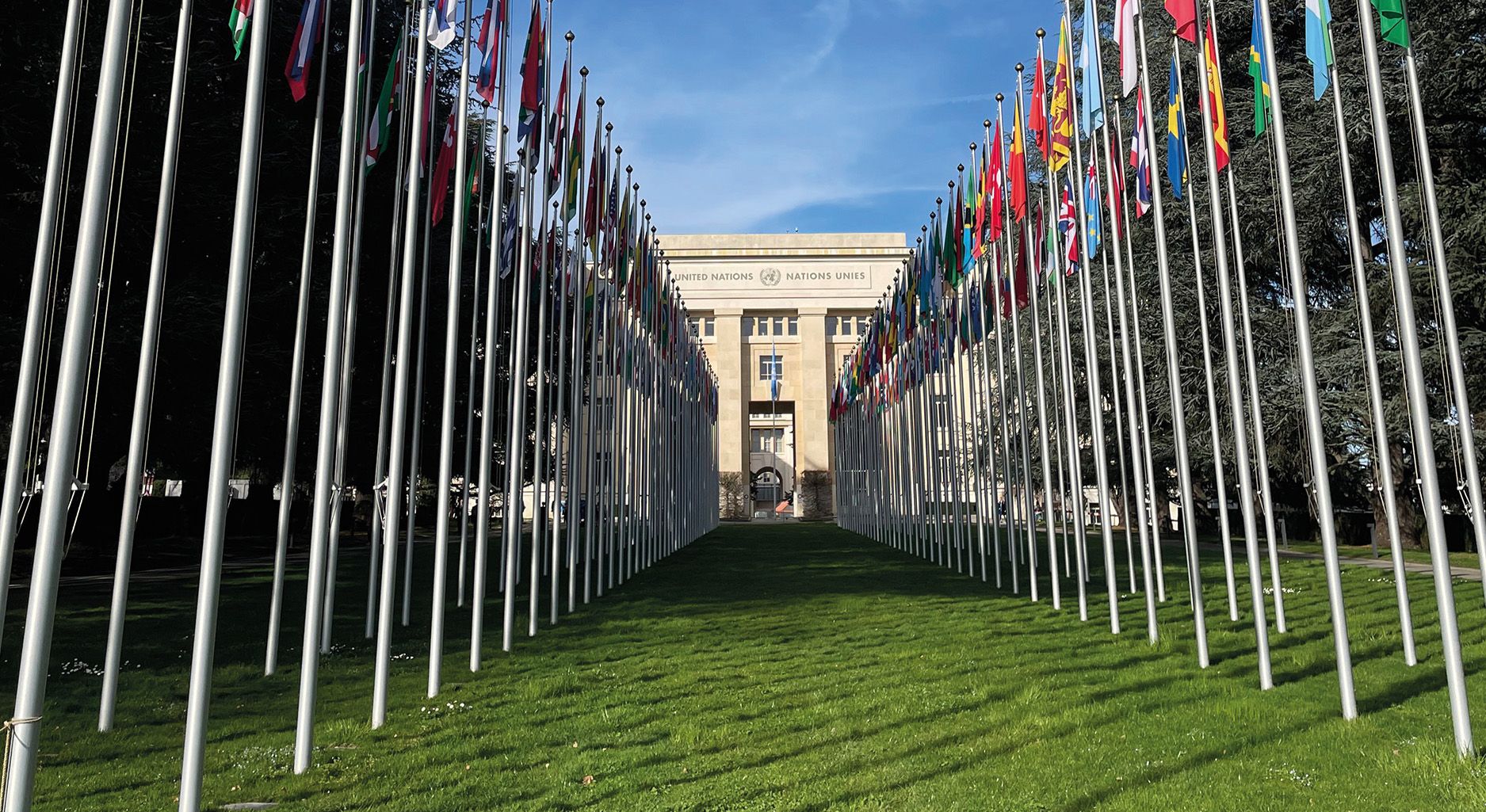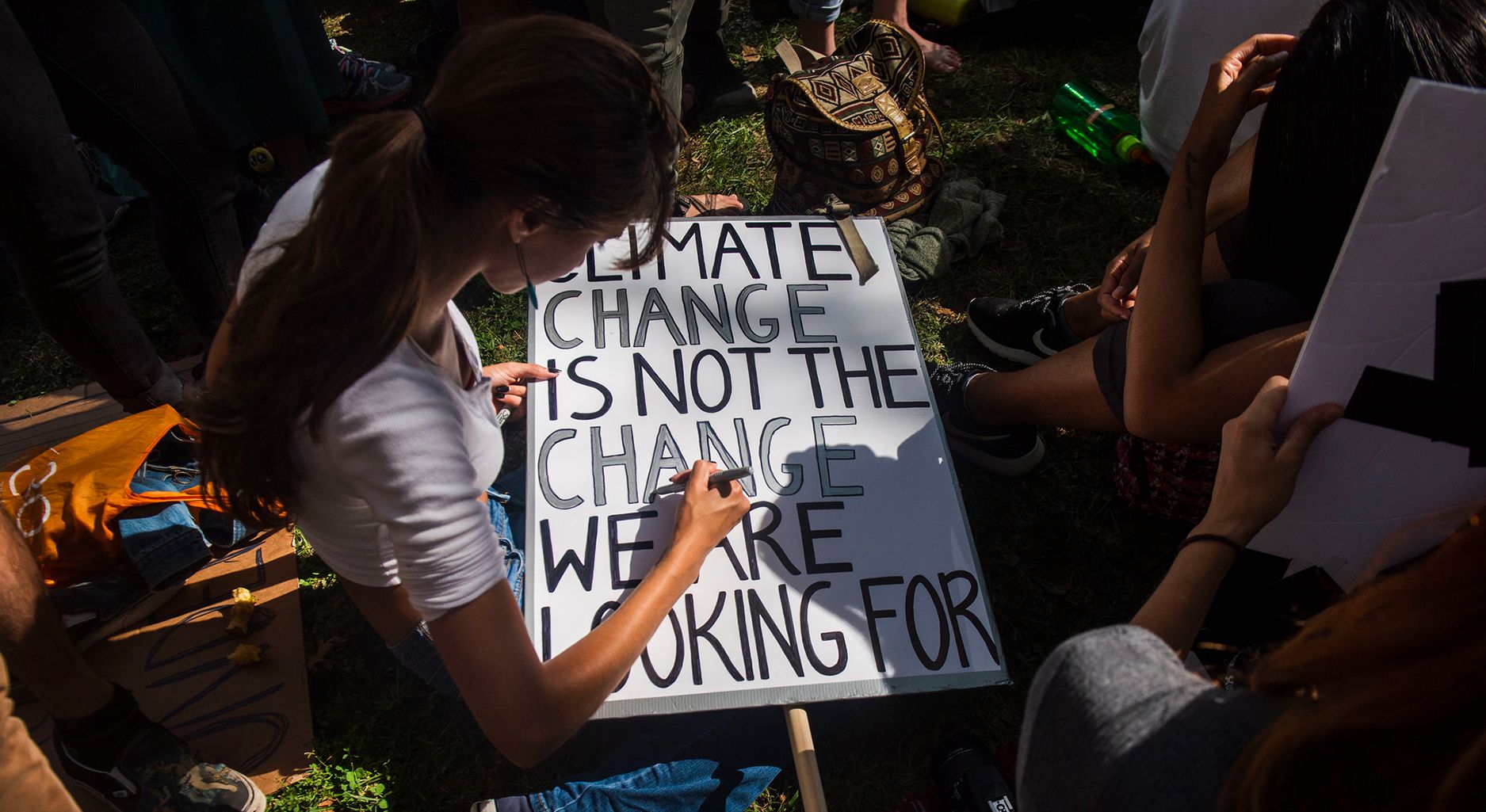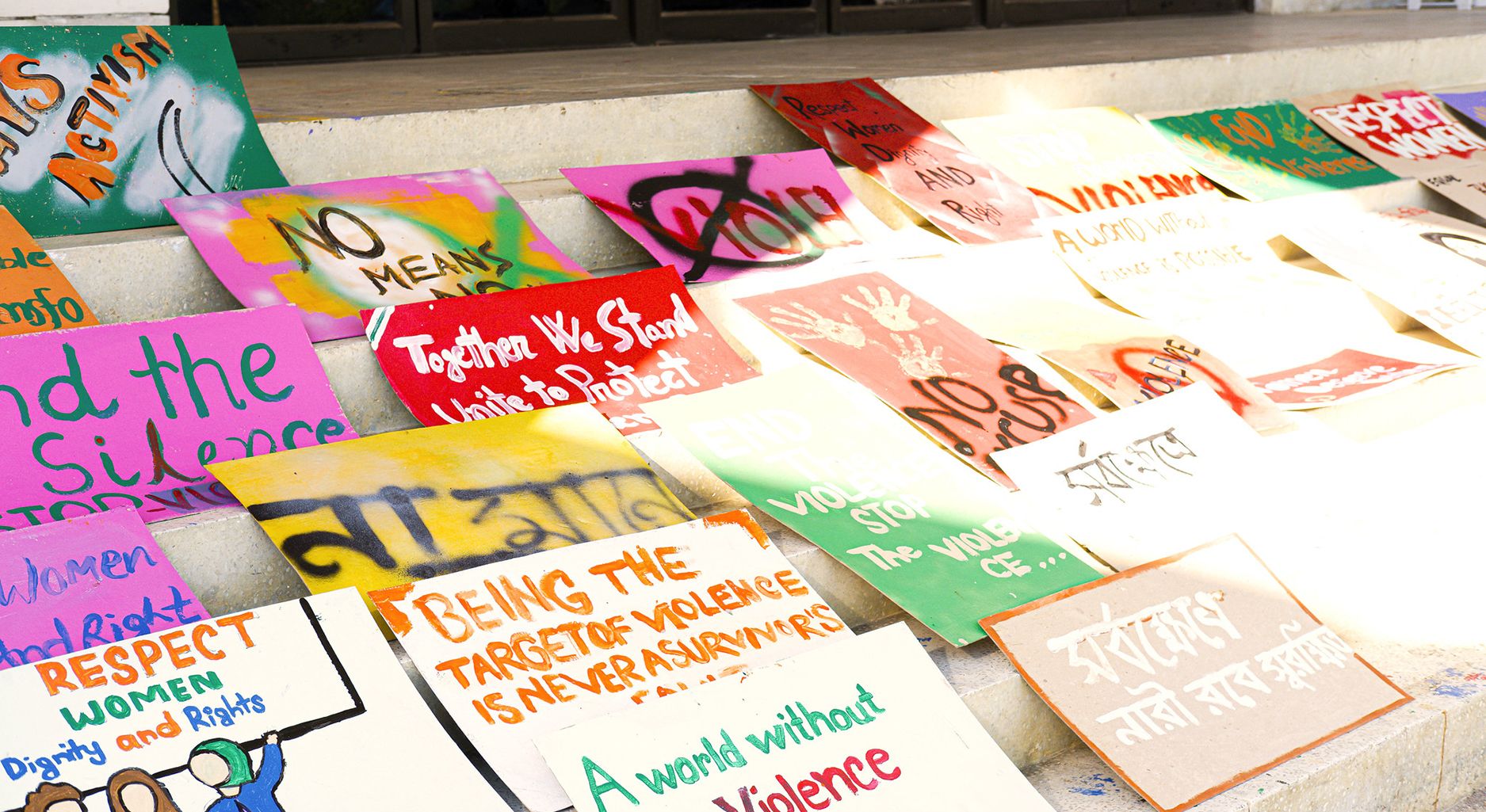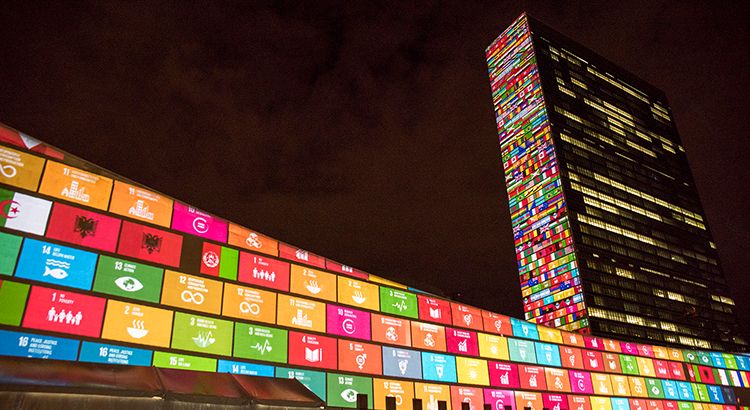Schlagwort: Vereinte Nationen
PRIF talk #013 // Klimagipfel im Zeichen politischer Gewalt
Die Zeit für Lösungen des menschengemachten Klimawandels drängt. Doch wie geht die Weltgemeinschaft damit um? 2015 haben sich die Staaten der Weltgemeinschaft unter dem Pariser Klimaabkommen auf das globale 1,5-Grad-Ziel im Vergleich zum vorindustriellen Zeitalter geeinigt. Zur Verhandlung und Umsetzung von Klimazielen findet jährlich die UN-Klimakonferenz „Conference of the Parties“ (COP) statt.
Als Politikwissenschaftler beschäftigt sich Markus Lederer mit Fragen der globalen Umweltpolitik. In der Folge erklärt er, warum Umweltveränderungen an sich schon als Gewaltphänomene verstanden werden können. Im Gespräch berichtet er außerdem von seinen Erfahrungen auf den teils kontrovers diskutierten COPs und ordnet deren Wirksamkeit ein. Dabei thematisiert er auch den erneuten Ausstieg der USA unter Präsident Trump aus dem Pariser Klimaabkommen und prognostiziert eine zunehmende Polarisierung auf den Klimakonferenzen.
Markus Lederer ist Professor für Politikwissenschaft an der Technischen Universität Darmstadt und Principal Investigator im Forschungszentrum „Transformations of Political Violence“ (TraCe).
*Shownotes*
- Website von TraCe
- Markus Lederer (2025): Globale Umweltpolitik. UTB. Erscheint am 14.07.2025.
- TraCe-Jahreskonferenz „Beyond the Spectacle: Interdisciplinary Approaches To Slow Violence and Political Harm“
- PRIF talk #012 // Klima und Konflikt im Anthropozän
- PRIF talk #008 // Auf den Spuren politischer Gewalt
- PRIF talk #006 // Die Transformation politischer Gewalt
- IPCC – Intergovernmental Panel on Climate Change
- Umweltbundesamt: Sechster Sachstandsbericht des Weltklimarates IPCC (2023)
- Umweltbundesamt: Kyoto-Protokoll (1997)
- COP29, Baku, Azerbaijan
- COP30, Belém, Brasilien
- BBC: „Amazon forest felled to build road for climate summit“, Ione Wells, 12.03.2025
Social Media:
